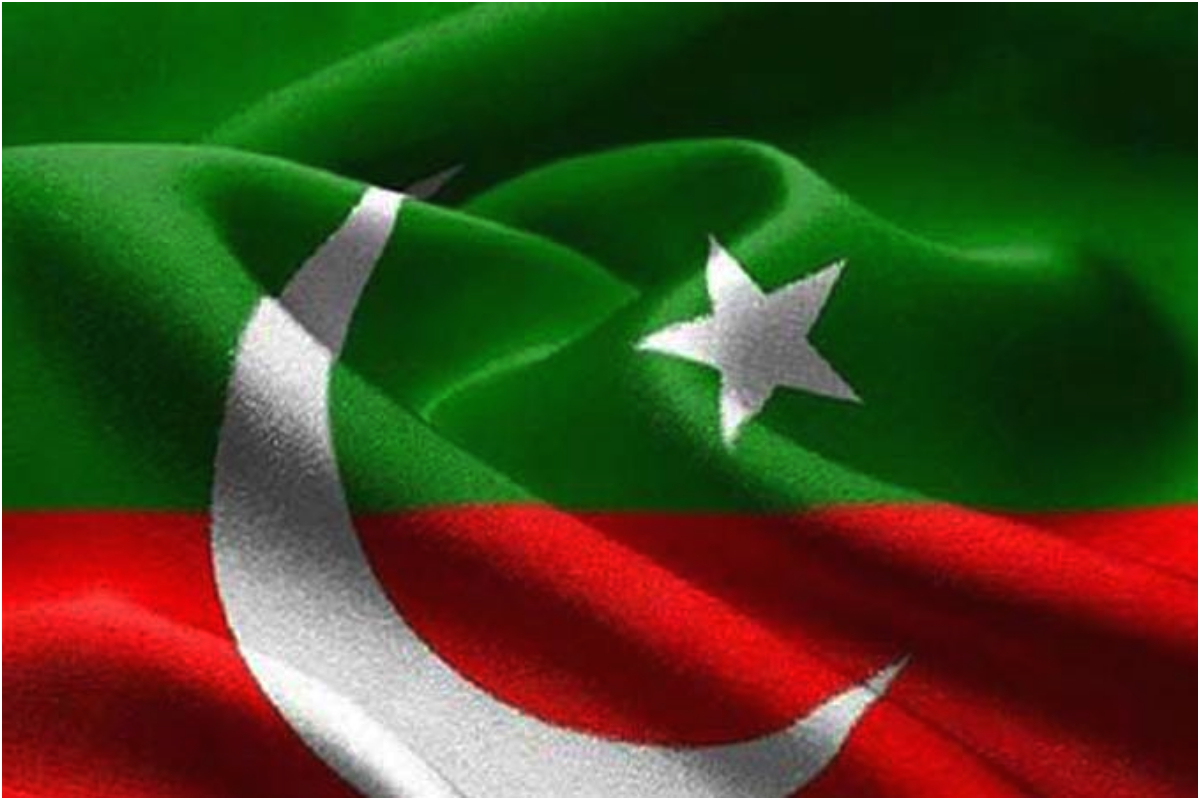Pakistan Tehreek-e-Insaf (PTI) is set to present a ‘Charter of Demands’ during the third round of talks with the government next week.
In an official statement, the PTI committee reiterated its call for the release of party founder and all party workers. They have also demanded the formation of a judicial commission to investigate the events of May 9 and November 26.
Before presenting the charter, the PTI committee plans to consult with to finalize their demands ahead of the scheduled third round of talks next week.
An in-camera meeting, chaired by National Assembly Speaker Ayaz Sadiq, was held at the Parliament House in Islamabad. Key government representatives present included Federal Minister Ishaq Dar, Rana Sanaullah, and Irfan Siddiqui.
PTI has also urged the government not to pursue additional cases against political detainees and to ensure the resolution of existing cases in accordance with the law. The party has warned that it will not hesitate to initiate a protest movement if its demands are not addressed.
Previously, PTI set a deadline of January 31, 2025, for completing negotiations with the government.
Speaking to reporters outside Adiala Jail, SIC head Hamid Raza revealed that remains confident in the negotiating committee, which is working to resolve issues with the Centre.
It’s notable that PTI has engaged in political dialogue with the government regarding its demands. The third round of political reconciliation talks between the government and PTI commenced today (January 02).
In the first round of discussions held in the National Assembly, the government requested a charter of demands from PTI.
Speaker National Assembly Sardar Ayaz Sadiq presided over the meeting in which the representatives of the government and PTI discussed headways over by the current political situation.
The government committee comprised Deputy Prime Minister Ishaq Dar, Rana Tanveer Hussain, Irfan Siddiqui, Aleem Khan, Raja Pervaiz Ashraf, Naveed Qamar, Khalid Maqbool Siddiqui, and Farooq Sattar.
The opposition committee, on the other hand, included Asad Qaiser, Hamid Raza, and Allama Raja Nasir Abbas.



















